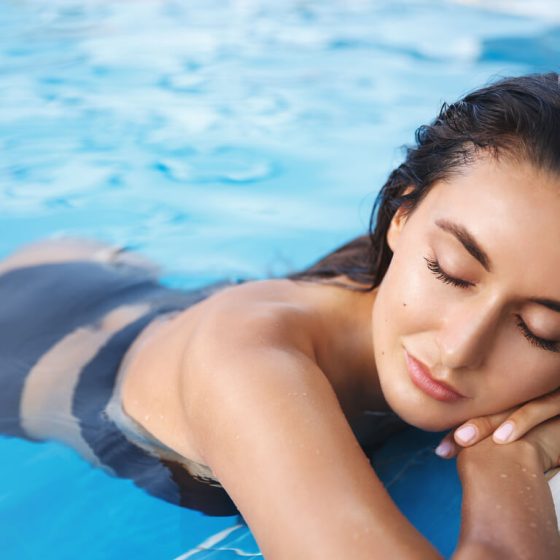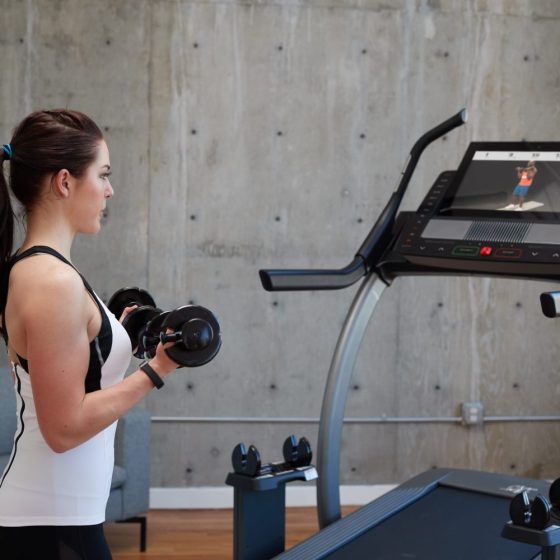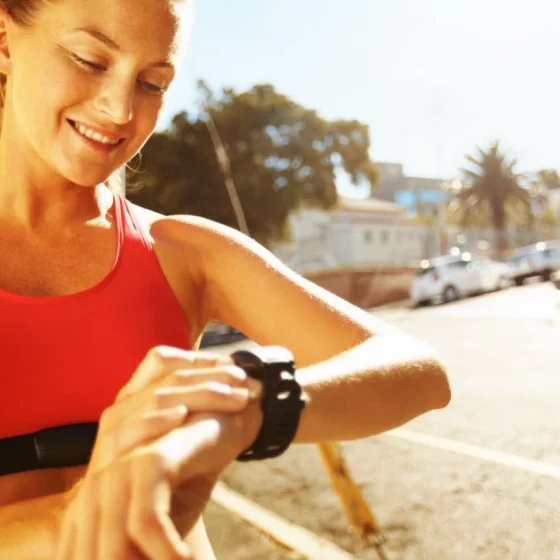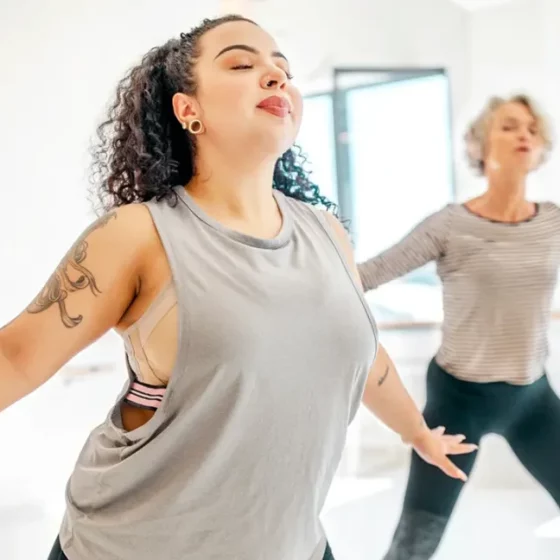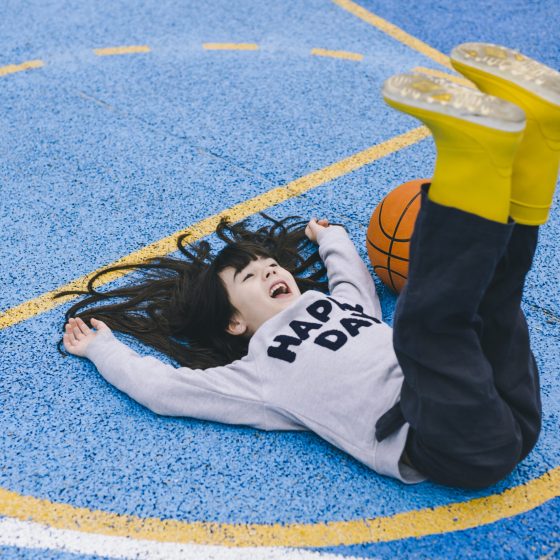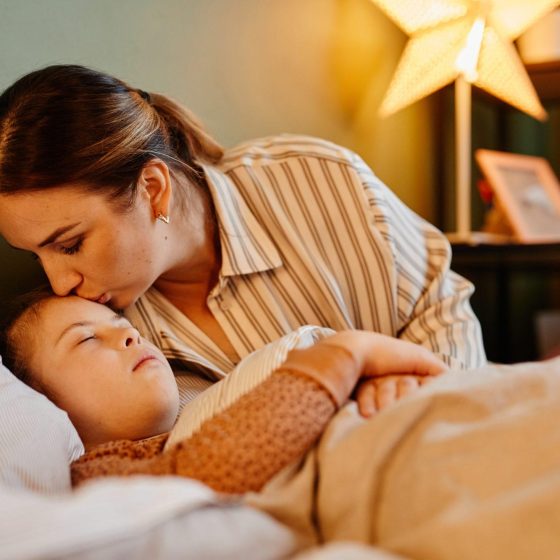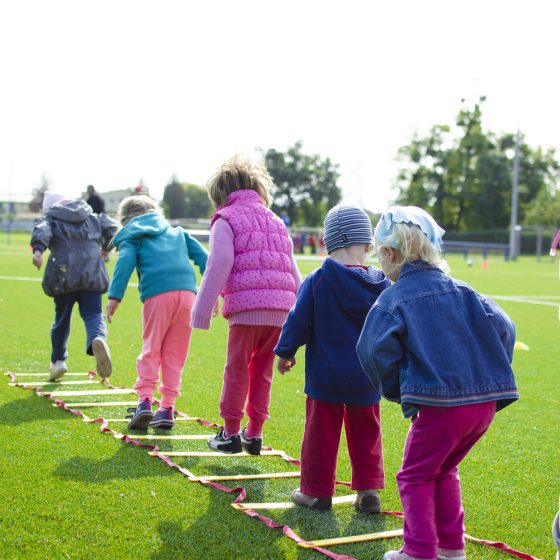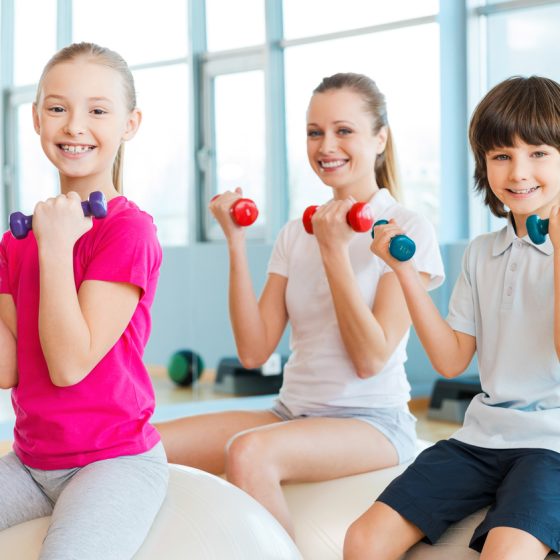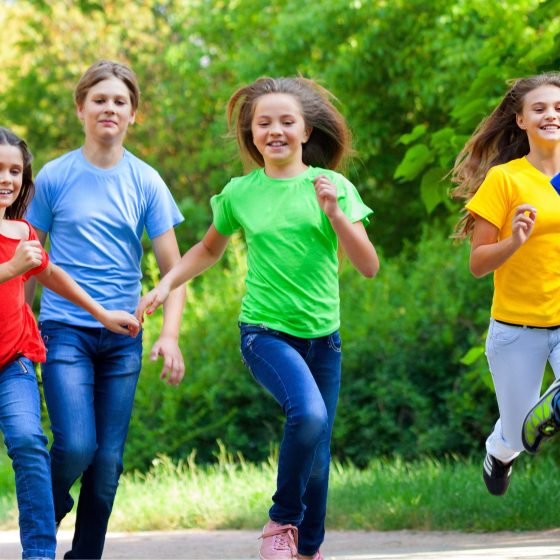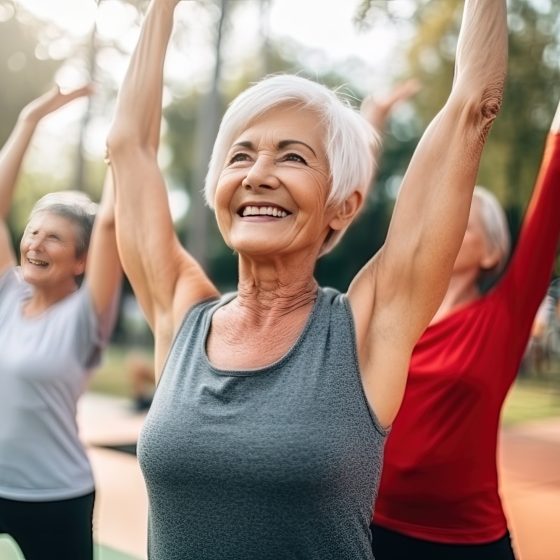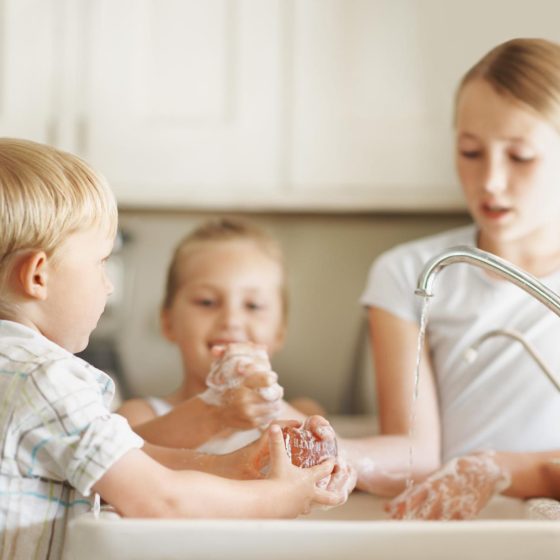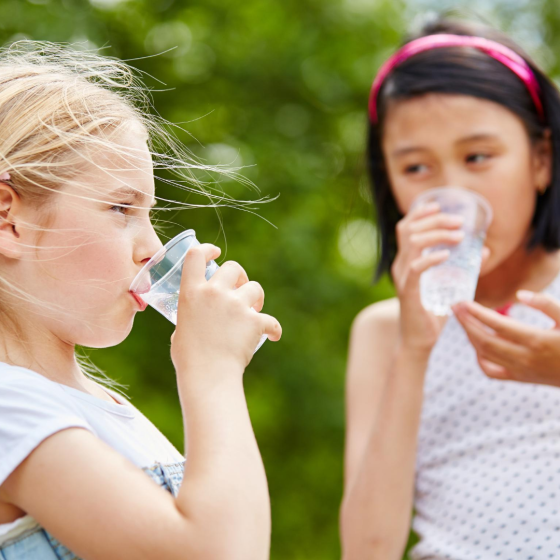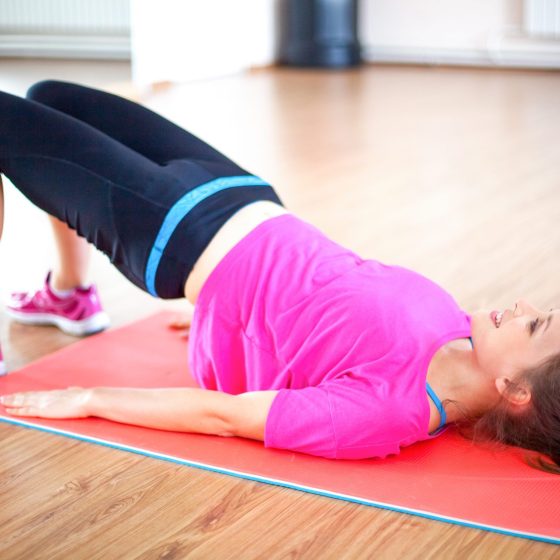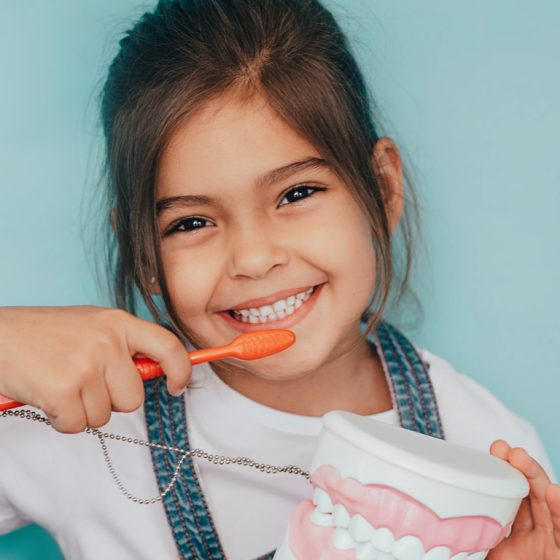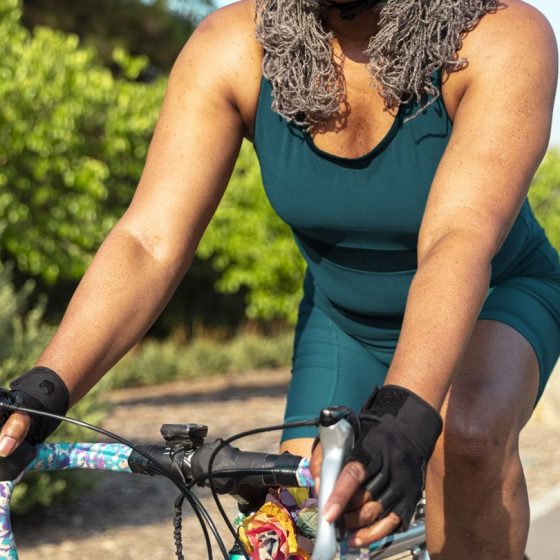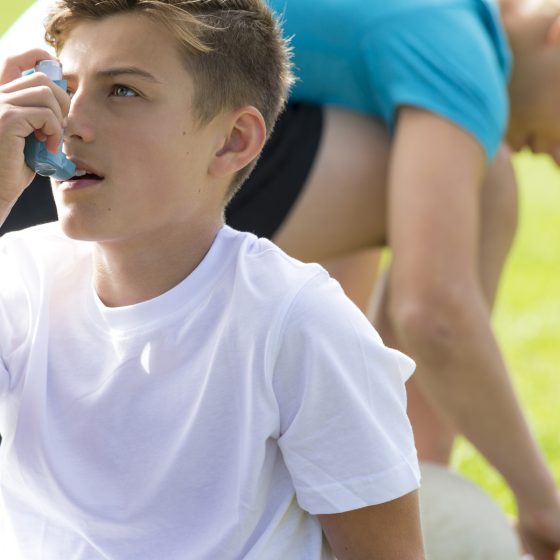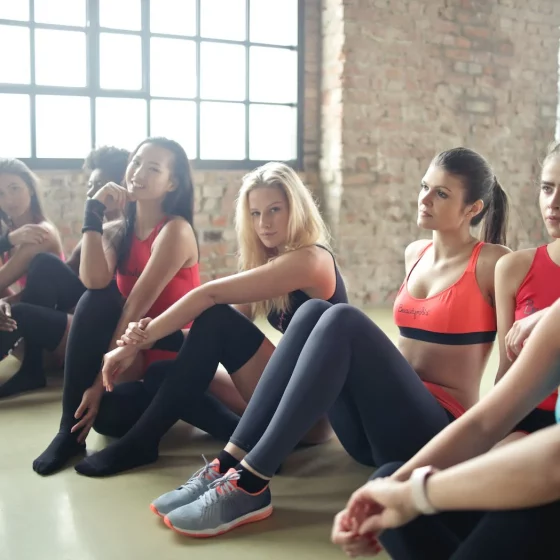Health benefits of swimming
Key facts Swimming is a sport that you can do in a squad or independently, at any time of year. Being low-impact, swimming is a great option for people recovering from injury. Swimming has many health benefits including increasing your fitness, muscle strength and wellbeing. If you are starting an exercise program you can gradually increase how far and for how long you swim as your fitness improves. Whenever you are near water, there is a risk of drowning. Always practise water safety, and never swim alone. Wherever there is water, there is a risk of drowning. Always practise water

